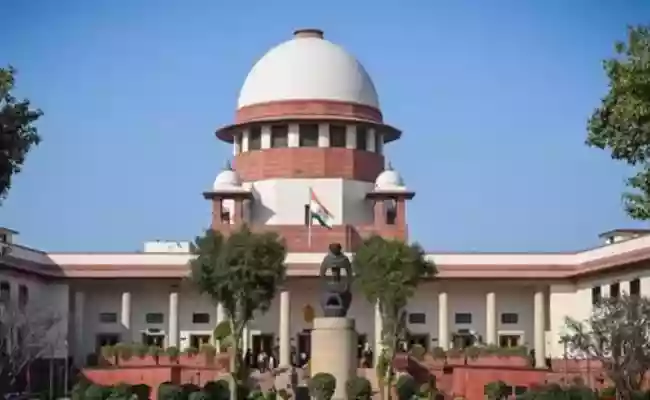.gif)
.gif)

A petition concerning the recent violence during protests against the Waqf Bill in Murshidabad, West Bengal, was heard in the Supreme Court on Monday. The petition was presented by lawyer Vishnu Shankar Jain, who brought the matter before the bench of Justice BR Gavai and Justice Augustine George Masih. The petition raised concerns about the state's law and order situation, emphasizing human rights violations related to the protest.
During the hearing, the bench questioned the relevance of the petition under Article 32, asking the lawyer how many public interest litigations (PILs) they had filed previously. Lawyer Shashank Shekhar, who represented the petitioner, stated that he had previously filed a PIL in the Palghar sadhus case, citing the deteriorating law and order situation in West Bengal. He also mentioned that his petition was based on media reports of the violence in Murshidabad, but the court remained skeptical.
Justice Suryakant responded, saying that they could not link this case to another existing petition. Justice Kant further emphasized the importance of caution in petition filing, suggesting that the future record of such cases needed to be considered. The court also expressed concern over the decency of the petitioner's arguments, particularly the use of terminology. They noted that while media reports can be sources, they should not form the basis of such allegations.
The court also pointed out the importance of making relevant persons parties to the petition when making accusations. In this case, the petition made allegations against government officials, but they were not named as parties in the petition. This led the court to advise the petitioner to amend the petition and resubmit it with better documents and statements.